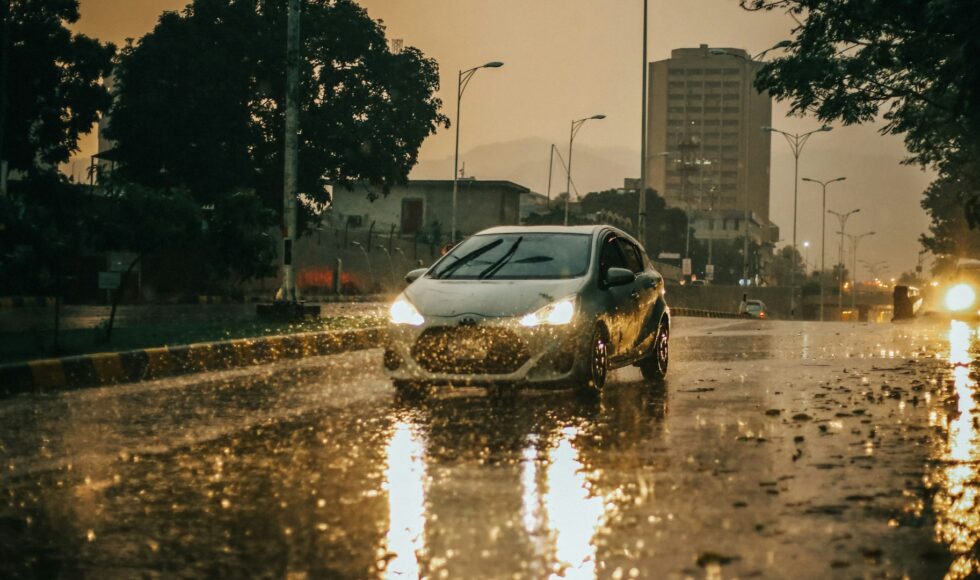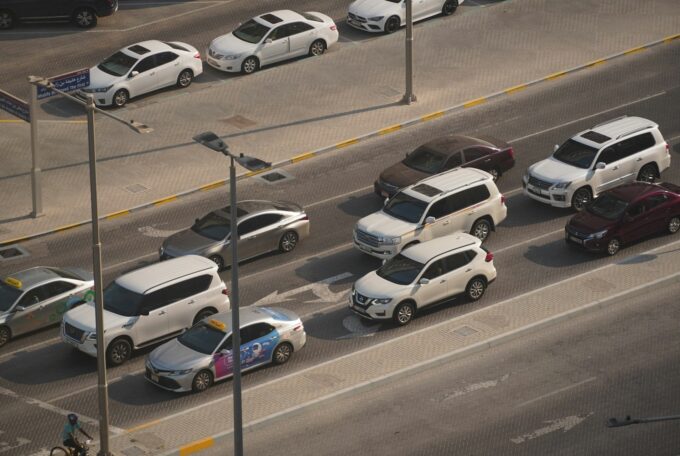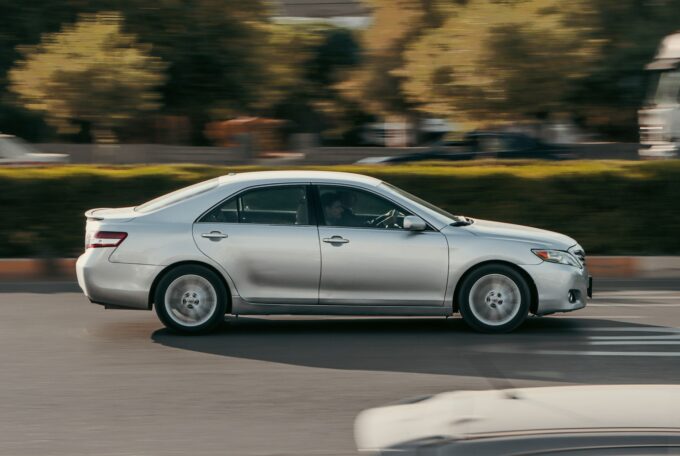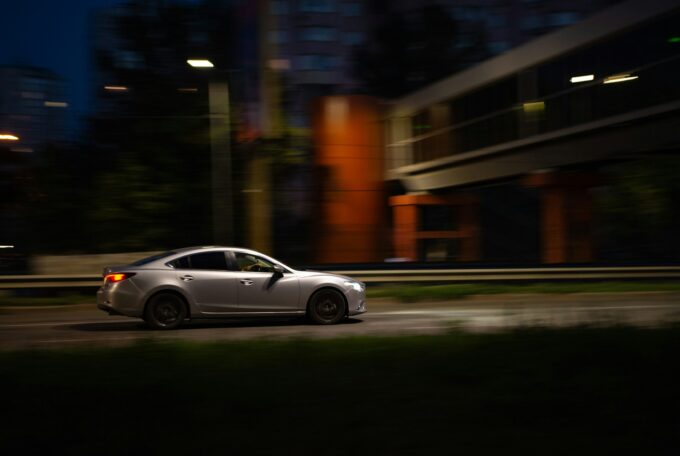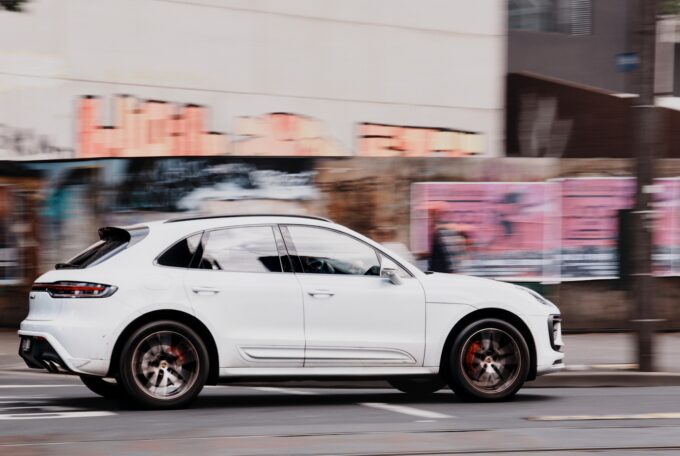Driving across Louisiana, you’re bound to face some serious changes in the weather. One day it’s sunny and smooth, the next day you’re dealing with heavy rain or thick fog rolling in off the Gulf. Those conditions don’t just affect visibility or traction, they also change how you’re expected to drive. When those changes aren’t made fast enough, it can lead to a weather-related speeding ticket, even if you’re under the posted speed limit. That catches a lot of people off guard.
Speed limits don’t shift with the weather signs, but the law still expects drivers to adjust. And that’s where things get tricky. You may feel like you were doing everything right, but an officer might decide you were going too fast for the conditions. These tickets often feel confusing and unfair. Understanding how weather affects your driving obligations and what happens if you get cited during a storm or icy morning can help prevent bigger problems down the line.
Common Weather-Related Speeding Violations
Louisiana weather can flip quickly. Strong storms move in fast, especially in the fall. Morning fog rolls in during cooler months. And though snow and ice are rare, they still happen every few years. Each of these conditions brings its own challenge, not just for driving safely but for staying within the law.
Here are a few common types of weather-related speeding violations issued across the state:
1. Speeding in heavy rain
Rain reduces tire traction and can cause hydroplaning. Drivers are expected to slow down, even if the posted limit is higher. Going too fast for conditions is a citation drivers often don’t see coming during storms.
2. Failure to adjust speed in fog
Visibility plays a huge role in safe driving speed. If you’re going the speed limit but can’t see more than a few feet ahead, an officer may still justify a stop based on unsafe driving for weather.
3. Sliding or losing control on wet roads
Even if you’re not caught going over the posted speed limit, a spin-out or overcorrection can lead to a violation if it looks like you were speeding for the road’s condition.
4. Driving faster than safe during icy or snowy patches
Icy roads aren’t common in Louisiana but do happen during colder snaps. Even small patches of freezing rain can cause serious trouble. Law enforcement may cite drivers if their speed contributed to a loss of control or crash, regardless of what the sign said.
5. Not adjusting speed in strong wind or flood-prone areas
During tropical storm season, high winds pick up fast and water collects quickly on roads. Officers expect drivers to slow down significantly or even avoid certain stretches when conditions worsen.
What makes these violations hard is that they’re based on the officer’s judgment. You can be driving at or below the posted limit, but if your speed doesn’t match the road conditions, it could still be cited. That makes understanding the next section even more important.
Legal Rights And Responsibilities In Adverse Weather
Getting pulled over during a storm, foggy morning, or icy drive might feel like bad luck. Plenty of drivers assume that obeying posted speed signs is enough to stay safe from tickets. But Louisiana law treats things differently. The expectation is that drivers will use proper judgment based on road conditions.
This is where things can get murky. Many folks believe that if there’s no reduced speed sign, then driving the limit is okay, no matter what. What the law actually says is that drivers must keep their vehicle under control, period. That means slowing down when the road is slick or vision is limited, even if that slow pace delays you.
Still, you have rights when pulled over in rough weather:
– You don’t have to guess why you were pulled over. You’re allowed to ask the officer what the citation is for and what they observed.
– You don’t have to admit guilt or say how fast you were going.
– You have the right to contest the ticket later, in court, and present evidence if you believe the citation was unfair.
Misconceptions during weather stops are common. People often say things like, “But everyone around me was driving the same speed,” or “I wasn’t even close to the limit.” Those things might be true, but if your speed doesn’t line up with what’s safe for that moment based on road and weather conditions, not the sign, the officer can still issue a citation.
If you get pulled over during fog, rain, snow, or strong winds, take notes. Write down what visibility was like, what time it was, what lane you were in, and whether other drivers were passing or pacing with you. If you can do it safely, take a photo of the weather from your viewpoint. In some cases, traffic cameras or third-party weather data can back up your story later.
A weather-related speeding ticket doesn’t always mean you were really speeding. But it does mean you’ll likely need to prove your side of the story if you want to fight it. Keeping calm and collecting your own observations can help build a stronger defense. Hiring a lawyer who understands these types of cases is also smart, especially when the violation is based entirely on judgment and not radar.
How To Fight Weather-Related Speed Violations
Getting a speeding ticket tied to weather conditions can feel unfair, especially if you were trying to be careful. But when the officer cites you for driving too fast for rain, fog, or icy roads, there’s still a way to deal with it. These kinds of tickets often come down to judgment, which means there’s room to challenge the details.
To give yourself the best shot at fighting a weather-related ticket in Louisiana, you’ll want to collect reliable information as soon as possible. Start by writing down every detail you remember right after the stop. The time of day, weather at the moment, condition of the roadway, and traffic flow around you are all helpful. The more specific you are, the better.
Here’s a list of useful steps to help you prepare your case:
1. Look up local weather reports from the date and time of the stop. Sites like the National Weather Service or local news stations archive this info.
2. Save photographs or videos (if safe to take) showing reduced visibility or standing water on the roadway.
3. Make note of locations where speed limit signs were posted and whether conditions made them hard to see.
4. Check for any nearby traffic cameras. Footage can support what you were experiencing if available.
5. Consider dashcam footage, if your vehicle has it.
6. Revisit the area if possible and document any signage that might have been obscured by fog, branches, or poor lighting.
7. Write down any witnesses in your vehicle who experienced the same conditions.
Even if the officer’s radar showed your speed as legal, they can argue that you were still unsafe if conditions were bad enough. That’s why building a case based on visibility, road traction, and real-world conditions matters. You want to show that you were behaving reasonably and doing what you could to stay in control based on what was happening on the road.
Fighting these citations isn’t always straightforward. A Louisiana ticket dismissal lawyer will understand how local courts view these cases and what kind of proof helps each argument. Since weather-related speeding tickets often rely on the officer’s personal judgment, pushing back with your own evidence gives you a fair shot.
Staying Safe And Legal On The Road
Avoiding a ticket during questionable weather has a lot to do with staying alert and thinking ahead. The posted speed limit shouldn’t control your foot on the gas when the roads are slick or your windshield wipers are struggling to keep up. Taking a few extra moments to adjust your approach when weather shifts can make the difference between a smooth trip and flashing lights in the rearview mirror.
Here are a few simple tips to help you stay safe during Louisiana’s changing weather:
– Slow down as soon as you notice weather conditions changing, especially during sudden downpours or fog banks rolling in.
– Widen the space between you and the vehicle ahead if the roads are wet, since stopping takes more distance.
– Use your low-beam headlights in fog or rain, even during the day, to make your vehicle more visible.
– Check local road condition alerts before heading out during storms or cold snaps.
– Avoid braking suddenly on slick roads. Ease off the gas and brake gently to avoid skids.
– If you’re unsure whether a part of the road is flooded, don’t take the chance. Turn around and find a different path.
– Keep your windshield wipers and brakes in good shape, so you’re not caught off guard by poor performance during bad weather.
One example that comes up often is when a driver is on the tail end of a highway trip across Louisiana and hits sudden stormy weather near Baton Rouge. Even though they’ve been going 65 all day, that same speed becomes questionable when visibility drops and the pavement gets slick. If they get pulled over, the officer could write them up for unsafe speed, even if the posted limit didn’t change.
The best bet is to treat any serious change in road or weather conditions like an unofficial speed limit change. Adjust early, stay focused, and don’t assume that because others are going fast, it’s okay for you to do it too. Everyone shares the risk during bad weather, but your reaction is the one that matters most.
Protect Your Driving Record In Any Weather
Weather makes Louisiana roads unpredictable. One hour it’s clear and dry, and the next you’re dealing with flooded lanes or thick clouds of fog. While you might think staying near the posted limit is good enough, real safety comes from adjusting to what’s actually happening on the road.
Ignoring a speeding ticket, especially one written because of weather, can end up costing you. Points, fines, and even license suspension are all possibilities if things pile up. Tickets tied to weather are often misunderstood, and drivers quickly find out how complex the process can be if they try to fight it on their own.
The reality is that every time weather shifts, so does the level of responsibility expected from drivers. Staying sharp, slowing down sooner, and keeping an eye on road updates are all ways to help avoid those citations in the first place.
Fighting a ticket doesn’t just protect your pocket, it helps keep your driving record clean, which can affect more than just the fine. If you ever face a weather-related speeding ticket in Louisiana, acting quickly and having someone by your side who knows the system can make all the difference.
Weather-related speeding tickets can be tricky, but you don’t have to face them alone. When conditions catch you off guard and you receive a citation, having a Louisiana ticket dismissal lawyer on your side can make a significant difference. Learn how LouisianaSpeedingTicket.com can help guide you through the process and assist in keeping your driving record clean.

